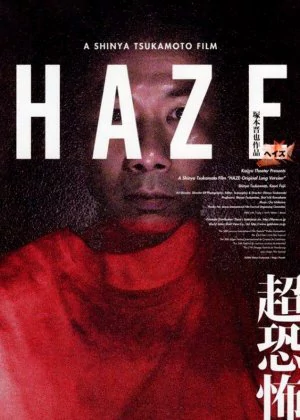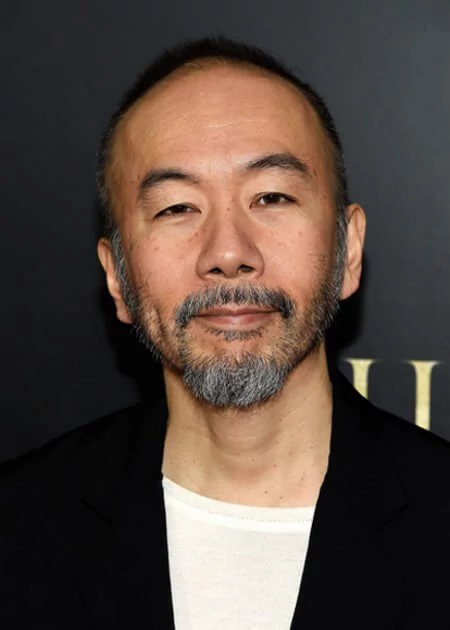
The undisputed king of Japanese cyberpunk cinema. A real renaissance man who wrote, shot, edited, directed and even acted in many of his own films. If you like your films raw and undiluted, Tsukamoto's oeuvre is a real treasure trove.
Movies
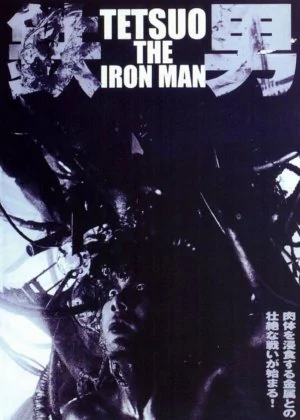
Tsukamoto's Tetsuo is an almost perfect cyberpunk endeavor, sporting lush black and white visuals and a superb industrial soundtrack, while providing a nerve-wrecking and overwhelming experience.
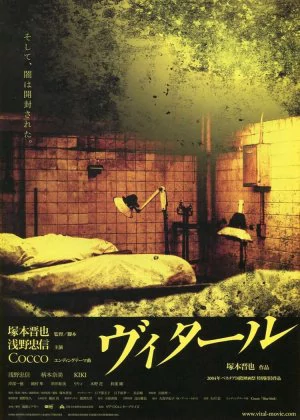
This is a typical Japanese drama infused and enriched with plenty of Tsukamoto goodness. The result is haunting, morbid, poetic and beautiful all at once.

A vintage Tsukamoto, with extrovert visuals, a superb soundtrack, and a strong focus on the human body, but underneath there's a layer of humanity that wasn't really present before.
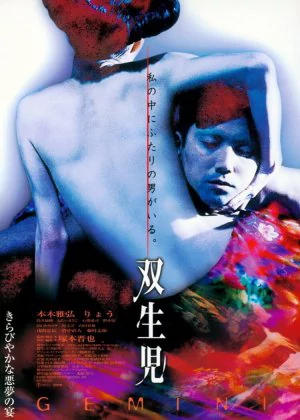
Gemini is a stylish, dark, and twisted mix of Rampo and Tsukamoto elements, complementing each other perfectly. It's a film that still stands proud and hasn't lost any of its appeal.
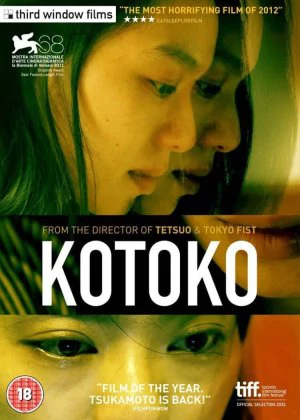
The result is a very powerful and gut-wrenching drama. Being a Tsukamoto film, it may lack subtlety but makes up for that with sheer emotional and visceral prowess.

An exceptional audiovisual experience, a worthwhile drama, and a lesson in how to properly film a boxing match. It's a pretty short film that packs quite a punch.
Haze may be a little less refined and accomplished than some of his more famed films, but Tsukamoto did manage to regain that guerrilla charm that made his first films so irresistible.
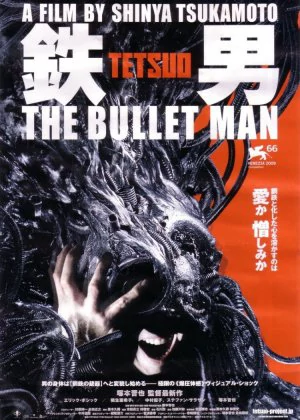
It bears the same charm and defects as the first Tetsuo and some very minor extra glitches, but the core is still there. An assault to the senses in pretty much every way possible.
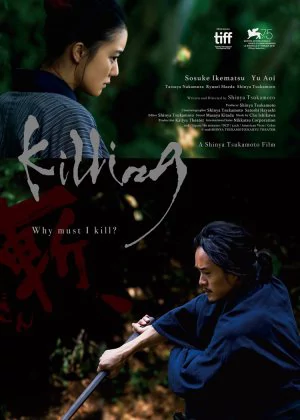
Starts off a little restrained, especially for a Tsukamoto film, but once it gets going it becomes an unstoppable force. Well acted, beautifully scored and largely defined by Tsukamoto's trademark camera work, Killing is a film that may be short and light on plot, but leaves a big impression nonetheless. Great stuff.
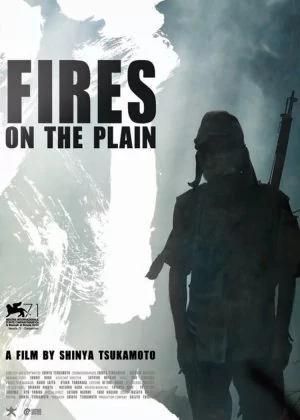
This is not a very happy film, nor is it very subtle.
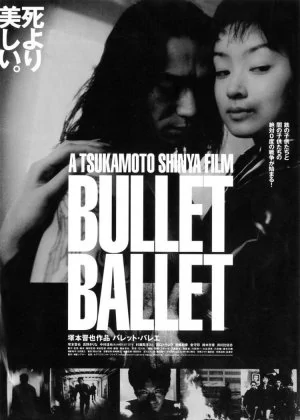
The second time around I was little let down by the acting performances of the secondary cast. For a film that puts more focus on drama than usually the case, that's somewhat of a problem.
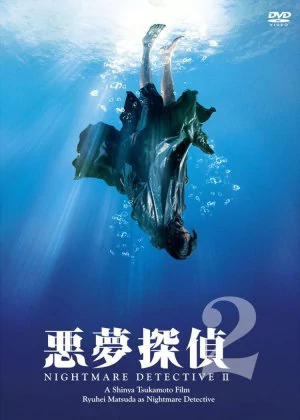
Nightmare Detective 2 might be his most commercial work to date, there is still plenty here to scare away the regular movie fan.
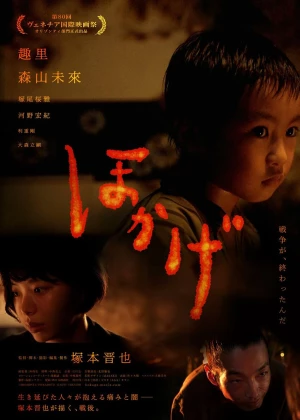
Tsukamoto's latest is a harrowing look at a post-war civilization, sporting flashes of Grave of the Fireflies. A young boy walks around aimlessly and stumbles into a tavern, where a hostess takes him in if he's willing to stop stealing from the local market. It's a film where every character is broken, struggling to survive. Whatever humanity there is, is muddled by a sense of survival. The poignant cinematography and lovely score give the film a little extra heart, the performances are impressive, and the finale is memorable.
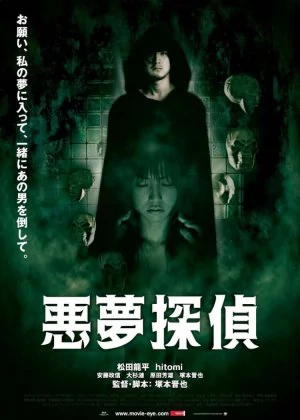
It's still a great film though. Even a slightly watered down Tsukamoto film is way better than most of the J-Horror films released in the past 15 years.
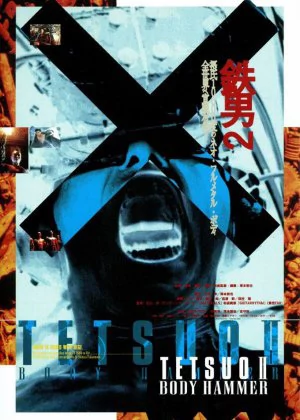
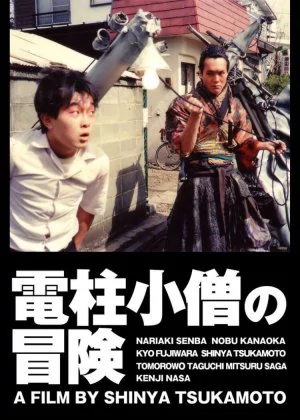
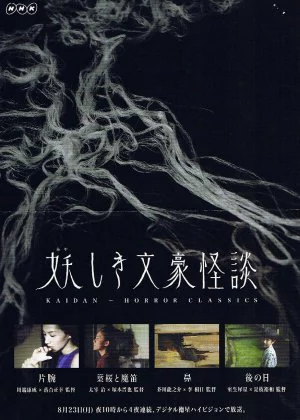
Decent anthology, sadly without stand-out entries. Kaidan stories aren't very scary or gory, so don't expect any modern horror action. Tsukamoto and Koreeda deliver the best entries, Lee's one is decent, the only subpar short is coming from Ochiai. Ironically, the only true horror director present.

A somewhat disappointing anthology, especially when looking at all the impressive names involved. Five famed directors (apart from Nishikawa all male) each take on a female story. Few of them grabbed this opportunity to come up with something unique, which means you only get some decent but relatively standard drama. With these directors, I needed more. The first story is about a girl returning to her hometown, the second one sees two women bonding after one attempts to steal money from the other. The third short follows a woman on holiday with her employer, the fourth one has a young man fancy the friend of his mother, and the final one tells of a mistress waiting for her lover. Matsuo's short is the best one, while Tsukamoto's short has the best individual scenes. Hiroki's film is probably the least successful of the bunch, but comedy isn't his strong suit. I just wish there were more memorable entries here. When you have less time to impress, you have to go bigger, even if that means failing spectacularly. In contrast, I'd rate all shorts here in the 3-3.5* range, which is not what I'm looking for in a good anthology.Read all

Venice 70: Future Reloaded
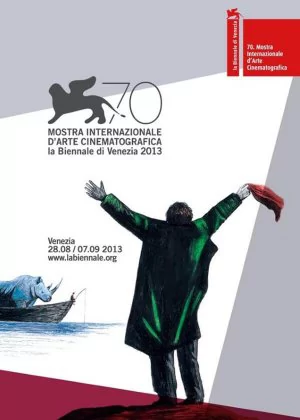
I'm a big fan of anthologies, and this project sounded very promising on paper. Seventy renowned directors give their vision on the future of cinema. With just one minute per short, there isn't much time to make a point, but it's disheartening to see how few of them even managed to stick to the topic. The saddest part was that many of the short didn't even deal with the future, but openly referred to or praised the medium's past. There's also a lot of doom and gloom, with some very basic visions of people not caring enough about arthouse cinema, or playing movies on their phones. Your typical old-man-yelling-at-cloud stuff. There is only a small selection of directors who seem to have understood the brief, and they struggle to make the most of their limited runtime. What remains is a complete mess, with most shorts looking like they were made on people's afternoon off, and hardly anything that stands out. A disappointment.Read all
